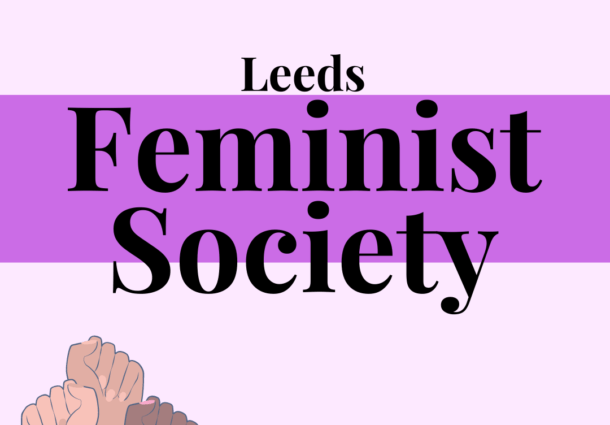To mark International Women’s Day, Elsa Bartlett gave a talk with LUU Feminist Society on feminism and autism. Here she tells the Gryphon why this topic needs discussing and how important feminism is within the neurodivergent community.
Autism is a topic that is not widely discussed. Autism in girls needs to be talked about full stop. The media often represent a very narrow portrayal of the autistic community and this is often done by neurotypicals. Which is funny given that the fundamental difference between us is that our brains are wired differently, so neurotypicals not understanding us, portray the odd few individuals as endearing comedic characters as seen in programmes like The Undateables on Channel 4.
These individuals will often fit the criteria for common knowledge in autism; socially awkward, repetitive behaviour with unordinary speech / non-verbal communication, but the producers and writers of such programmes miss out the extraordinary community of visionaries and innovators, failing to realise what we can do. Even the professionals can be sucked into the myths portrayed by predominantly male researchers and theorists such as Baron Cohen, where autistics are strange creatures lacking in empathy.
Girls on the spectrum are still very much in the shadows, with a ratio of 3:1 of boys: girls diagnosed according to Autism Speaks, often due to a continuing gender bias in diagnostic criteria, focussing on intense interests in trains/ trucks as examples of red flags in autism. Many females who seek a diagnosis, report being dismissed or misdiagnosed at the assessment (42% according to the National Autistic Society). Consequently, we are diagnosed later in life, if at all, after enduring teenage years of drastic changes in social communication and our bodies with few means to cope resulting in a variety of mental health problems. This period can cause many girls to resort to masking in their daily lives, unconsciously changing our natural responses to ‘fit in’ and ‘appear normal’ in a largely unforgiving neurotypical world, for our own security.
Following my discussion above, I felt it essential to talk about Sia’s new film as this is ableist, insulting and dangerous to the autistic community. Sia’s new film, Music, has an autistic side character (played by the very non-autistic Maddie Ziegler) as a prop to prove other characters’ kindness. Incidentally, this part was originally given to an autistic actor, however in the absence of any reasonable adjustments on set, the actor was unable to meet Sia’s expectations and was unceremonially fired. Zeigler mimics grotesque stereotypical faces that are all too familiar faces made by our bullies.
Ziegler’s prancing around to overstimulating strobe lights and loud sounds, shot with fast camera movements, make Sia’s ‘love letter’ to the autistic community unbearable to watch. The most shocking part of the film is when Sia sends out dangerous messages in a scene where someone decides to CRUSH Zeigler in a moment of overstimulation. This behaviour is lethal and has been responsible for many tragic deaths in the autistic community. The potential impact of Sia’s apparent portrayal of ‘an act of love,’ is hugely frightening.
Talking about this for the Feminist Society was my attempt to use my honesty as a plea for neurotypicals to do better. We do not need neurotypicals to represent us, we have our own voices and are perfectly capable of doing so. As Sia’s case shows, there is an unwillingness to make reasonable adjustments in Hollywood. At the consequence of failing to ‘conform’ under such intense conditions and expectations, we are quickly swapped for a neurotype to further reinforce stereotypes. True allies just need to respect us and see us more than for our limitations. All we ask is that you to listen to our unique voices. The autistic community holds so much potential for creativity and innovation, it is the society that debilitates us.

